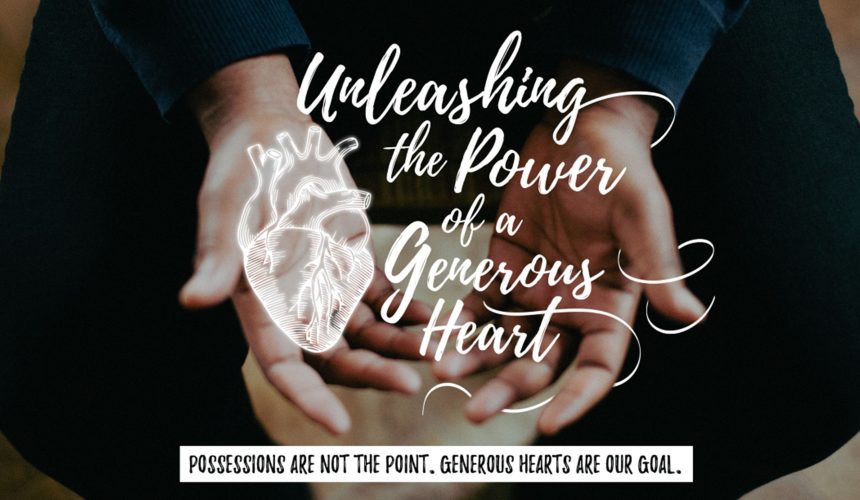THEMES: We can rest in these assurances: God builds, God protects, God provides.
THOUGHT FOR THE WEEK
Can you imagine coming to worship as a widow who is ready to give her last cents for the sake of the cross?
Imagine the cost of her devotion.
Today is about honouring the sacrifice of both the widow and her saviour.
Our themes from scripture include accepting the values of God’s kingdom; releasing the grasp of our culture; learning to give out of our abundance; and nourishing our souls with the hope that comes from God, through crying out in honest, searching prayer.
The psalmist reminds us that all human activity has no value outside of God’s economy — be it the securing of housing, the protection of cities, or providing for families.
WE LIVE in a very image-conscious society. Status, respect and ‘face’ are very important. How we are seen is more important than who we really are.
Scribes and Pharisees are presented today as very image-conscious. It was more important to be seen and thought of as good and holy than in being really so. “They like to walk about in long robes, to be greeted obsequiously in the market square, to take the front seats in the synagogue and the places of honour at banquets.”
In fact, scribes, as interpreters of the Law, were deeply respected for their great learning. They wore long white robes as a sign of their devotion to the law. People were supposed to stand in their presence and greet them with titles like “Master” or “Father”. The problem was that they began to feel that such respect was a right and this was accompanied by arrogance and pomposity. The respect for God’s law they began to arrogate for themselves.
The status-seekers
All of us can think of people in prominent positions in our own society who behave in a similar manner. They include the “nobility”, those whose only claim to prominence was that they were born into a certain family; political leaders; some well-paid professionals like doctors and lawyers; people who simply have a lot of money to throw around and can surround themselves with the perks of luxury; and, last but not least, some church and religious leaders.
At the same time, Jesus accuses the scribes of being rapacious exploiters “who swallow the property of widows” while making an outward show of piety. Power and position are all too frequently linked with material greed and corruption. Again, church leaders cannot always claim innocence.
In our own time we have seen some so-called ‘televangelists’ leaders raking in contributions from thousands of simple people and then living the high life (and even an immoral life) on these contributions.
The widow’s lot
The second part of the Gospel shows a very different picture. In a way, it is a completely different scenario and yet there are connections. The linking word between the two is “widow”.
The poorest people in Jesus’ society are represented by orphans and widows. In a society with no social welfare, these were people often without family support. The orphan, by definition, has no family and no means of support and is not wanted. The widow, in a society where husbands could often die young of disease or death in war, must often have been relatively young herself. In a world of arranged marriages she would never be chosen again as a bride. With her husband dead, she was of no interest either to her husband’s family or even her own. If she had no children, she was alone and uncared for and possibly reduced to poverty.
There is a striking contrast between the poor widow described in the second part of today’s Gospel and the Scribes and Pharisees in the first part. The simple piety of this woman of no social standing is contrasted with the arrogance and social ambitions of some so-called religious leaders. She is also contrasted with the rich donors ostentatiously offering money they can easily afford. It is doubtful that what they gave involved even the slightest diminution in their standard of living. It may seem a foolish thing to do but there are countless examples of people doing this in the service of the Gospel. The Gospel today is saying it is only when we realise that God and the Way of Jesus is the only real source of security that we will find the happiness, peace and security we all long for.
A bridge story
This story in Mark also forms a bridge between the teaching life of Jesus and the Passion narrative which is soon to follow. This widow, who gives up everything she has to God and puts all her trust in God, is a symbol of Jesus himself who will soon make the total offering of his life, his work and his good name to his Father out of love for us.
This story is meant to be also a summation of all Jesus’ teaching about discipleship. He wishes us to identify with this apparent “nobody” over against the avaricious, arrogant, ambitious, image-conscious mindset represented by some of the Scribes and Pharisees and the wealthy temple-goers. The rich and famous of the day. In fact, she was anything but a “nobody”; she had a greatness which they totally lacked.
What matters is not what we have or what we can get; not what we can do or what people think of us. What matters is that I be fully, freely, truly my real self before God and before others.
Can I let go of everything to give myself totally into his hands with the sure conviction that he will give me the support I need? When a lot of us do that our faith will be confirmed.

